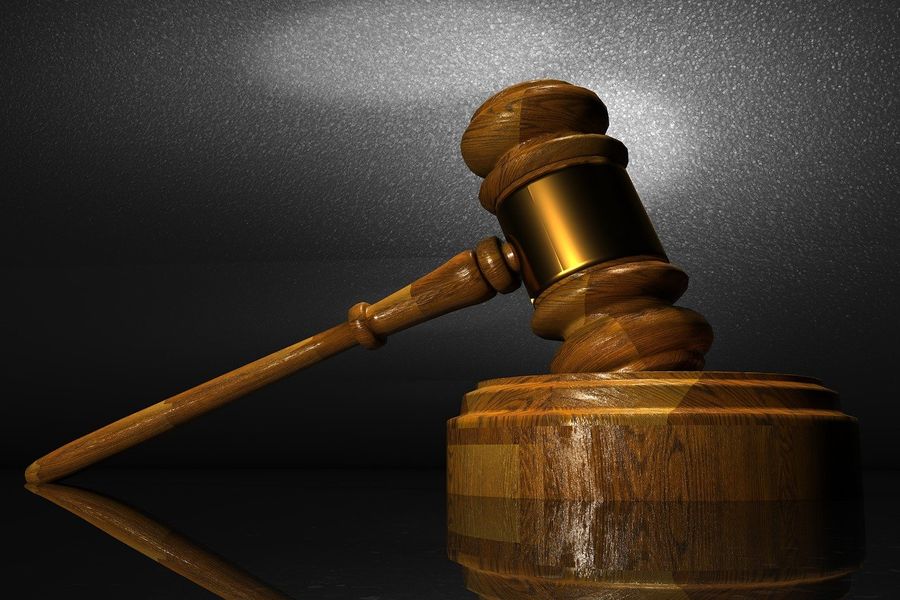
6 Pro tips to successfully go through a personal injury case
Car accidents are the most popular type of personal injury lawsuit

Personal injury cases are lawsuits filed against people who have caused damages or injuries. Around 1.5 million personal cases are filed worldwide, and many plaintiffs involved with the lawsuits have utility bills, car payments, and other obligations to take care of every month. Unfortunately, some of these expenses will not reduce just because your life is paused due to the injuries you sustained in an accident.
In addition, insufficient funds and medical bills resulting from your absence at work, the emotional roller-coaster is becoming out of hand. However, as a victim, you stand a chance of getting compensated and make demands you think are worth the damages. For you to successfully go through the lawsuit, here are tips to help you.
1. Know the Type of Case You’re Dealing With
Car accidents are the most popular type of personal injury lawsuit. Mostly, they happen because drivers are careless to follow the road rules. In such cases, careless drivers are held financially responsible for injuries to stop car accidents.
Dog bites are also personal injuries, which may leave you with psychological scars, permanent physical damages, and huge medical bills. In some states, dog owners are held liable for injuries inflicted by their animals. Apart from dog bites and car accidents, you may also have other personal injuries, such as:




